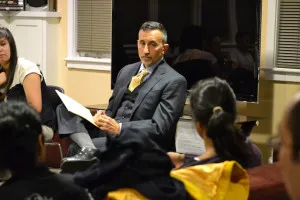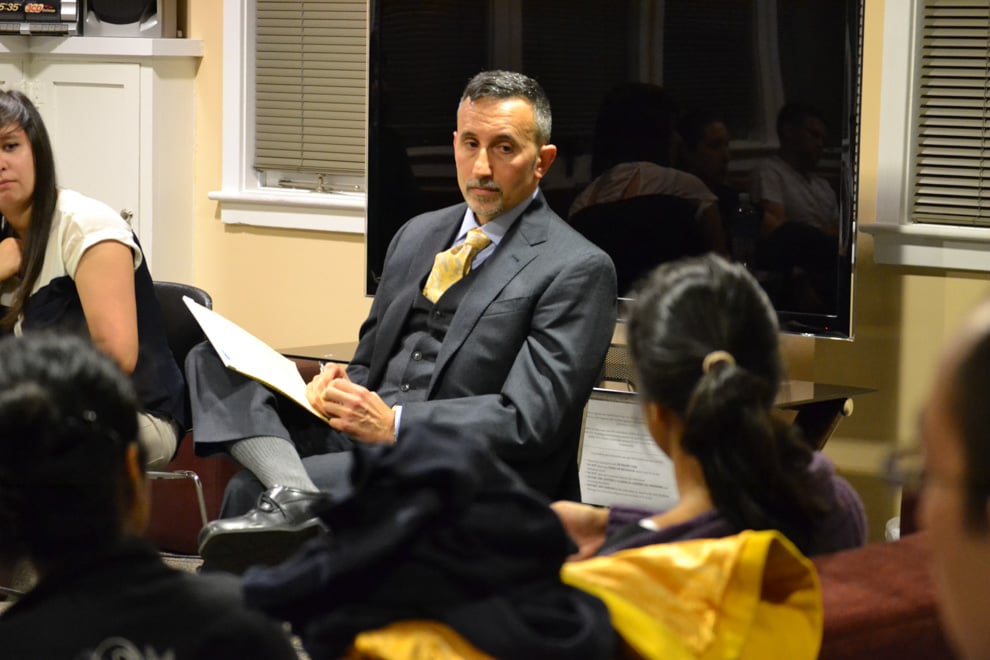
On Wednesday night, dozens of students participated in a town hall meeting with Counseling and Psychological Services (CAPS) director Ron Albucher.
Students expressed frustration with delays encountered when making appointments with CAPS counselors over the phone.
CAPS advertises a 24/7 number that students can dial for urgent matters, though students said that they had mixed experiences with the on-call service.
Multiple students took issue with the triage process: Prior to physically meeting counselors, students are scheduled for a brief phone consultation. The triage is designed to aid counselors in understanding the students’ concerns and conditions; however, some students found the questions impersonal and harrowing.
Some students did provide positive testimonials of their experiences with CAPS, including those who managed to navigate the triage successfully. One student thanked Albucher and CAPS personally, stating that CAPS “saved her.”
Others’ experiences were not as positive; multiple expressed frustrated with being passed between counselors, and with being assigned to counselors who were in training.
John-Lancaster Finley ‘16 recounted an experience he had with CAPS his freshman year. During a particularly difficult quarter in which Finley lost eight family members, his RF insisted that he visit CAPS. He went through the triage process but felt uncomfortable sharing the particulars of the depression he struggled with.
“I felt like they were trying to solicit some things from me that I didn’t necessarily want to share on the phone … So I just [said] … that I have ‘adjustment issues’, and that was the label they put on my file, ‘adjustment issues,’” Finley said. “When my counselor [was] finally available … We started talking about everything that was happening to me. I was entirely depressed … [but] it felt like the CAPS counselor didn’t understand [that].”
Albucher spent the majority of the discussion listening to student accounts. He did spend some time detailing the staffing structure of CAPS — during regular hours, three to four employees take calls, while two to three people take calls during after hours.
In an interview after the Town Hall, Albucher confirmed that CAPS is understaffed and underfunded and has requested a budget increase. CAPS is currently attempting to hire staff that increases the diversity of their counselors, and hopes to scale that hiring if the funding is approved.
“Hearing the individual stories that people bring, to me, is heartbreaking. People work up the courage to come and then they have a negative experience, and that’s just awful,” Albucher said.
Contact Akshay Agrawal at akshayka ‘at’ stanford.edu.
